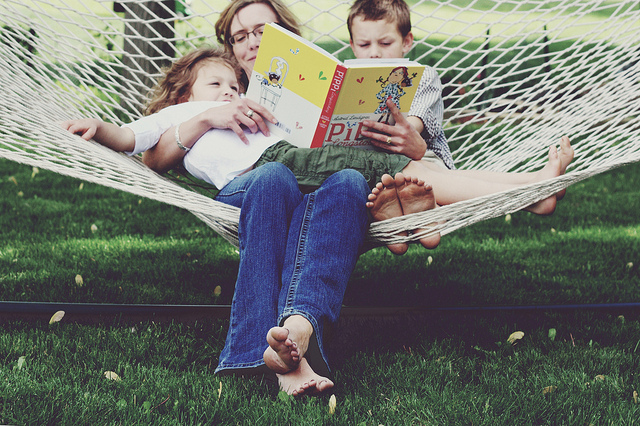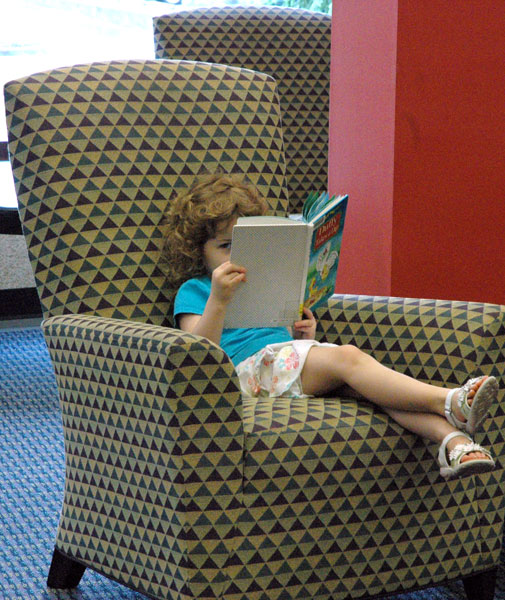We only learn how to read once. This is true for all of us: monolingual, bilingual or multilingual. Once we figure out how literacy works, it is with us forever.
The best part about bilingual children learning to read is that once they figure it out in one language, they can transfer their literacy to their other language(s)! It is a feat that can be mastered in leaps and bounds in any of a number of languages once the process is underway.
As............. CONTINUE READING
May 27, 2012


